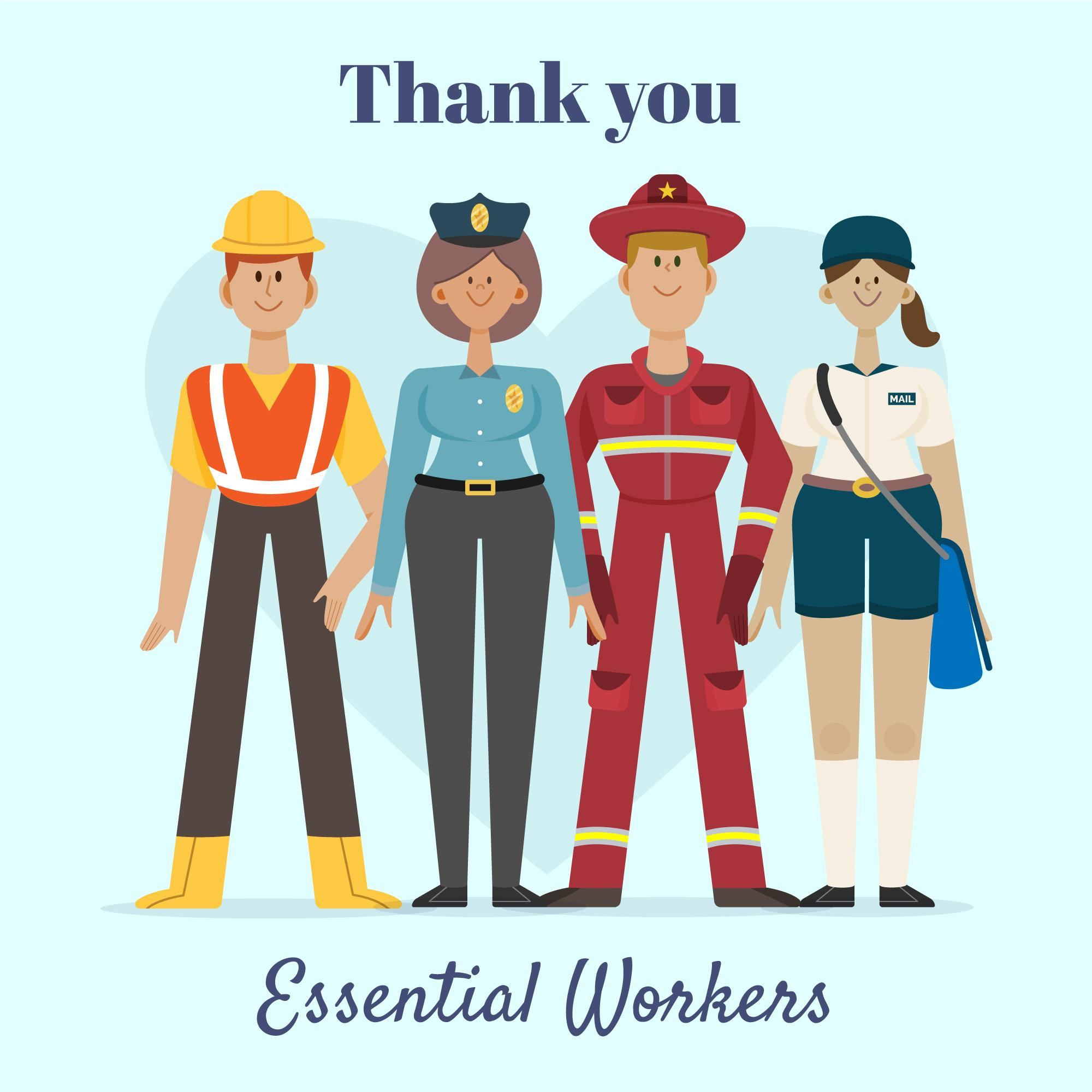
We often hear that white-collar jobs are the "dream careers"—but what if we told you that blue-collar workers are the true pillars of our daily lives? Without them, cities would collapse, economies would stall, and modern comforts would vanish.
Here’s why blue-collar jobs deserve respect, recognition, and rethinking:
🔹 Why We Can’t Live Without Blue-Collar Workers
1. They Keep the World Running (Literally!)
✅ No Electricity? Thank electricians for powering homes, hospitals, and smartphones.
✅ No Clean Water? Plumbers ensure safe drinking water and sanitation.
✅ No Food? Farmers, truckers, and warehouse workers stock grocery shelves.
✅ No Buildings? Construction workers and engineers build everything from homes to skyscrapers.
Imagine a single day without them—chaos would follow instantly.
2. They Solve Urgent Problems
- A mechanic fixes your car so you can get to work.
- An HVAC technician repairs your AC in a heatwave.
- A waste collector keeps streets clean and prevents disease.
White-collar jobs may design ideas—but blue-collar jobs make them REAL.
--------------------------------------------------------------------------------------------------------------
🔹 Why Blue-Collar Jobs Are Actually Better Than You Think
1. High Demand = High Pay (Often More Than Office Jobs!)
- In Hong Kong:
- Skilled welders earn HK$50K–80K/month.
- Crane operators make HK$60K–120K/month.
- Certified electricians can out-earn many university graduates.
2. Job Security (AI Won’t Replace Them Soon)
- Robots can’t easily:
- Fix a leaking pipe (plumbers).
- Install custom cabinetry (carpenters).
- Troubleshoot a car engine (mechanics).
3. Faster Career Growth (No 4-Year Degree Needed)
- Many trades require short-term apprenticeships (1–2 years) → start earning early.
- No student debt vs. university graduates struggling to find jobs.
4. Pride in Tangible Results
- Unlike endless emails and PowerPoints, blue-collar workers:
- Build (houses, bridges, furniture).
- Fix (cars, appliances, infrastructure).
- Protect (firefighters, sanitation workers).
Their work lasts for decades. Respect 🫡
--------------------------------------------------------------------------------------------------------------
🔹 Why Does the Bias Still Exist?
1. Outdated Stereotypes
- Myth: "Manual labor = low intelligence."
- Truth: Trades require math, problem-solving, and precision (e.g., welding, electrical work).
2. Education System Favors Degrees
- Schools push university paths, ignoring lucrative trade careers.
- Yet, Germany’s vocational training model proves skilled workers are highly respected and well-paid.
3. Media Glamorizes Office Jobs
- TV shows feature lawyers, bankers—not the technicians keeping their offices lit and functional.
--------------------------------------------------------------------------------------------------------------
💡 How Can We Change the Narrative?
✅ Parents & Teachers: Stop saying "go to university or you’ll end up a laborer."
✅ Governments: Invest in vocational schools (like Switzerland’s world-class system).
✅ Employers: Pay fair wages and improve working conditions.
✅ Everyone: Next time you see a construction worker, thank them.
"A society that disrespects its builders will soon have nothing left to admire."
--------------------------------------------------------------------------------------------------------------
Real-Life Heroes
- Japan’s "Tohoku Smile" carpenters rebuilt disaster-hit towns.
- HK’s "Lift Modernization" technicians keep aging buildings safe.
Final Thought:
Blue-collar jobs aren’t "plan B"—they’re essential, dignified, and often smarter career choices. Maybe the real "dream job" isn’t in a cubicle after all.
(Share this to give blue-collar workers the respect they deserve!) 💪🔧🏗️
Sources:
- HK Construction Industry Council
- Germany’s Federal Institute for Vocational Education (BIBB)
- U.S. Bureau of Labor Statistics (BLS)